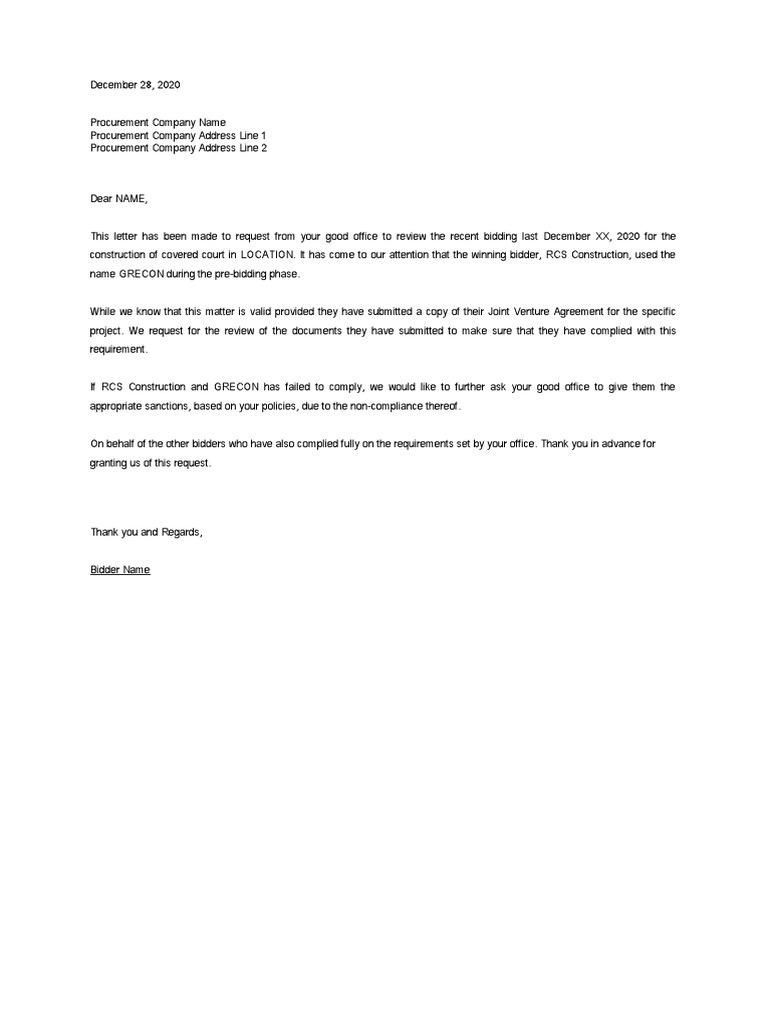The Speaker’s Dilemma: Balancing Constitutional Duty and Personal Beliefs
Malik Ahmad Khan, the Speaker of the Punjab Assembly, recently addressed a press conference where he discussed his constitutional obligations regarding disqualification requests under Articles 62 and 63 of the Constitution. While expressing strong personal opposition to these clauses, he emphasized that his role is to act in accordance with the law.
Understanding the Legal Framework
The speaker explained that he is not in favor of expelling any member from the House. However, he is legally required to make a decision within 27 days on the petitions submitted against 26 opposition lawmakers or forward them to the Election Commission of Pakistan. This obligation stems from the precedent set by the Supreme Court’s judgment in the Panama case, delivered by Justice Asif Saeed Khosa.
“I am personally the biggest opponent of Articles 62 and 63,” he stated, “and I do not support disqualifying anyone from the Assembly. But if I don’t act, these petitions will automatically be sent to the Chief Election Commissioner in thirty days.”
Upholding the Constitution
Ahmad Khan highlighted his belief in the supremacy of the Constitution and his commitment to running the Assembly according to the rules and regulations. Despite being one of the strongest critics of Articles 62 and 63, he acknowledged his duty to implement them as per the Supreme Court’s rulings.
He pointed out that the opposition has been given ample democratic space in the past, including chairing standing committees and leading the Public Accounts Committee. However, he noted that the opposition has turned the Assembly into a forum for constant disruption.
The Role of the Opposition
The speaker criticized the opposition for portraying disorder as a political right, emphasizing that there is no such provision in the Constitution. He stressed that Parliament is meant for legislation, not protest. If there is disruption during the Order of the Day, proceedings will move forward as per the law.
He also addressed the Leader of the Opposition’s claim that the Speaker does not have the authority to send a reference. According to the judgment by Justice Asif Saeed Khosa in the Panama Papers case, if members violate their oath, the Speaker must either make a decision or refer the matter to the Election Commission.
Commitment to the Assembly
Malik Muhammad Ahmad Khan clearly stated that he does not believe in the politics of disqualifying anyone, as practiced by Pakistan Tehreek-e-Insaf. However, he warned that if anyone violates constitutional boundaries or undermines the discipline of the House against party decisions, he will not hesitate to take action.
He made it clear that he holds no grudge against any party or leader but is committed to upholding the sanctity of the House. Any member who violates their constitutional oath will inevitably face action.
Impact on Democracy
The speaker expressed concerns that such actions in the past have laid the foundation for undermining democracy in Pakistan. “I do not politicize disqualification,” he said, “but if a reference is received under Article 63(2) of the Constitution, it must be decided accordingly.”
Call for Dialogue
Ahmad Khan expressed hope that the government and opposition will engage in meaningful dialogue in the coming days to improve the atmosphere of the House. He urged the Opposition to sit with him to discuss the issue of disqualification, as over two weeks were left to decide on the matter.
He also urged the opposition to abandon disruptive tactics, warning that relying on allegations of victimization against their leaders to justify protests was counterproductive.
“All political parties in Pakistan have faced tough times at one point or another,” he said. “The best way to resolve grievances is through dialogue—not by disrupting parliamentary proceedings. I would be pleased to see the government and opposition use the Punjab Assembly in the best interests of its 120 million people.”






